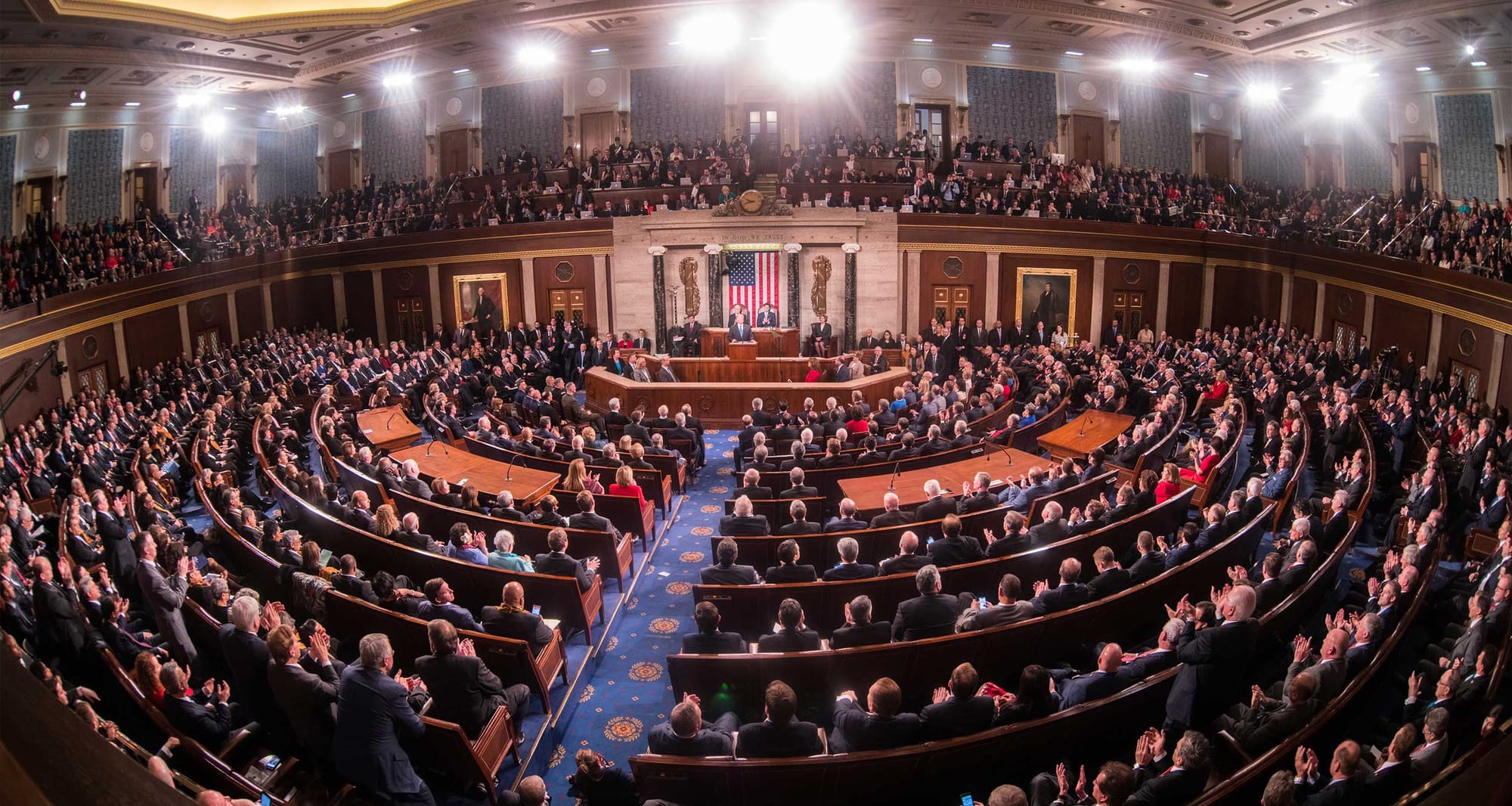This past weekend, we celebrated the 30th anniversary of the Americans with Disabilities Act. The law held so much promise for disabled people, and its passage has long been considered a watershed moment in the movement for disability rights, a point from which things would never be the same.
Despite its success in dismantling barriers to accessibility and inclusion, the ADA, like many other civil rights achievements in American history, is not without its share of detractors. Many view the law as burdensome to businesses, while others believe the ADA provides unfair advantages to disabled people. However false those assertions may be, opponents who wish to see the ADA weakened will not rest.
On Sunday, USA Today published an op-ed written by former Senator Orrin Hatch (R-Utah) that contained a veiled attack on the ADA, a law that he had previously co-sponsored in the U.S. Senate. Hatch wrote that the ADA’s “future is uncertain” due to what he described as excessive litigation over so-called “minor” violations of the law.
Take the rise of “drive-by lawsuits,” in which an individual enters a place of business not looking to buy but to sue. Often disguised as customers, these lawyers target mom-and-pop shops searching for any sign of noncompliance with ADA standards. Even the most minor (and often unintended) infractions are grounds for a lawsuit — from an access ramp that is just a few inches off to a sign that uses the wrong font-size.
To secure the ADA’s legacy, Hatch says that we must nurture “the partnership between business owners and persons with disabilities” and institute “a brief grace period” so that business owners can correct accessibility violations, thereby avoiding a lawsuit.
The former senator is speaking of ideas that were included in a bill passed by the House of Representatives in 2017, the ADA Education and Reform Act. That bill was passed by the Republican-controlled House on a 225-to-192 vote, with the support of 12 Democrats. It was never taken up by the Senate and died at the conclusion of the 115th Congress.
Wheelchair Travel opposed the bill, together with most other disability and civil rights organizations, including the ACLU, Christopher & Dana Reeve Foundation, National Federation of the Blind, United Spinal Association and others. As I wrote in 2018, granting a grace period beyond the 30 years businesses have already had to comply is a knee-jerk reaction to a small number of predatory litigants.
As every wheelchair user knows, the built environment is filled with ADA violations. Noncompliance is often the rule, rather than the exception. By granting every business owner a grace period and all but eliminating the threat of litigation, there would no longer be an incentive to comply. Businesses looking to cut costs, particularly in this challenging economic environment, might hold off on installing accessibility features until they have been notified of a violation (which most customers would not do).
In his op-ed, Senator Hatch pointed to an increase in the number of ADA Title III lawsuits that are being filed in federal courts — 11,053 total in 2019. While Hatch views this number as a sign of “excessive litigation,” the total case load is incredibly small, given that more than 60 million adults have a disability. The current prevailing attitude among business owners is that lawsuits are rare, and the majority of compliance failures will never be challenged. I myself am a case study that proves the risk of litigation is already low.
In reviewing my own records from 2019, I can identify well over 100 instances of disability discrimination that were worthy of a lawsuit. Those potential cases related to significant (not minor) ADA compliance issues at hotels, transportation providers, restaurants, convenience stores, retail shops and more. The impact of ADA violations can be significant, particularly for travelers with disabilities. In 2019 alone, I missed two flights and a train because hotel shuttles were not accessible, was forced to sleep in a gas station parking lot because no wheelchair taxis were available, and bathed on a pool chair because the hotel’s roll-in shower did not have the required bench. Despite being the target of significant disability discrimination, I have never filed an ADA lawsuit. Although I have not yet sought relief from the courts, I would certainly like to reserve the right to do so in the future. Former Senator Hatch and many currently elected officials would instead like to see that right taken away, citing alleged abuse by a few serial litigants as reason to deny equal access to millions.
Like the majority of disability advocates, I believe that accessibility is non-negotiable. I have previously stated that, in an ideal world, new buildings would not open until they have been verified as being ADA compliant, and existing buildings that are not compliant would be closed until the relevant standards are met. While no law prioritizes accessibility to that degree, we must recognize that delaying compliance is not acceptable. Any delays that are sanctioned, especially via the mandatory grace period that Senator Hatch proposes, will perpetuate the exclusion of disabled people from society.
As businesses grapple with the economic impact of the coronavirus pandemic, they will search for ways to cut costs and reduce liability. The policies contained in the ADA Education and Reform Act would be a significant win for businesses, and we should expect a renewed push in the next congress. In the fallout from what is surely an economic recession, a campaign against drive-by lawsuits could be more effective, potentially garnering an even larger base of bipartisan support. If such a bill were to become law, things would begin to look a lot more like they did in 1989, and the ADA’s status as a watershed moment might have to be reconsidered.
Be prepared to fight for the protection of the ADA next year. Your voice, and your advocacy, will be very important.















